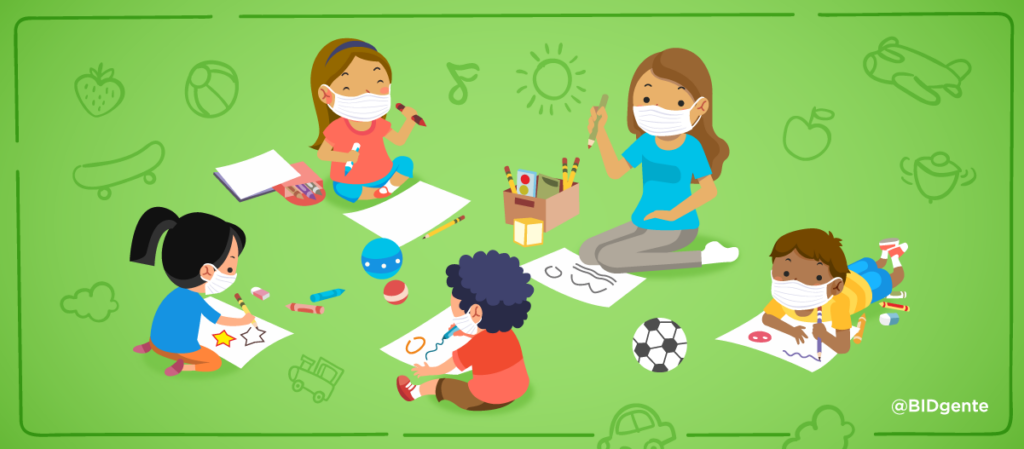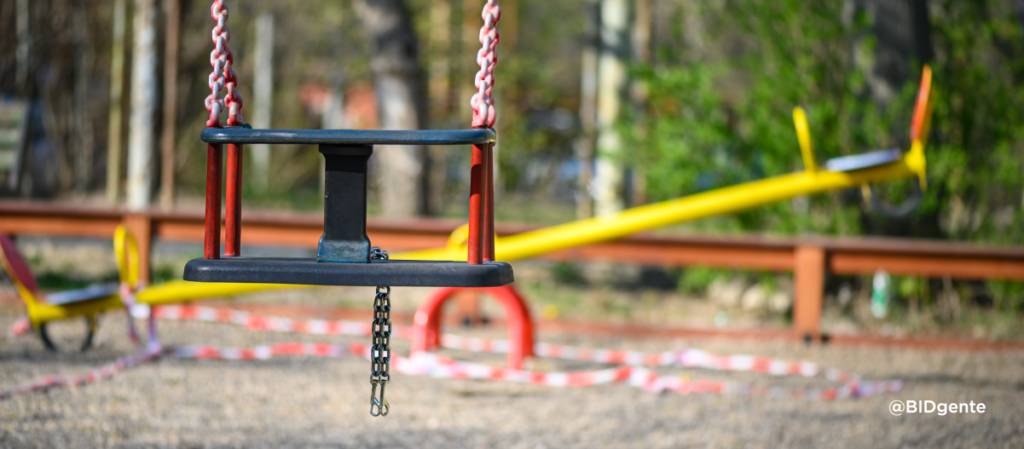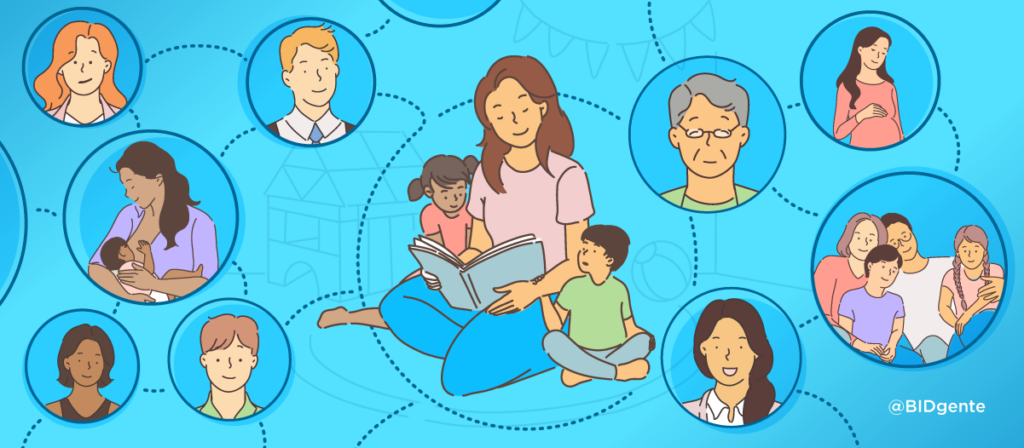The demand for child care in low in middle-income countries has been growing over the last few years. Fueled by the increasing number of working women and migration from rural areas to urban centers, the drumbeat for child care support around the world has grown. The recent pandemic has raised new and complicated pressures on a child care system that was already under-resourced … [Read more...] about Emergency Child Care: Issues to Consider
Thinking About Racial Disparities in COVID-19 Impacts Through a Science-Informed, Early Childhood Lens
The COVID-19 virus is ruthlessly contagious and, at the same time, highly selective. Its capacity to infect is universal, but the consequences of becoming infected are not. While there are exceptions, children are less likely to show symptoms, older adults and those with pre-existing medical conditions are the most susceptible, and communities of color in the United States are … [Read more...] about Thinking About Racial Disparities in COVID-19 Impacts Through a Science-Informed, Early Childhood Lens
The High Cost of COVID-19 for Children
The early childhood development cluster of the Inter-American Development Bank (IDB) is working to protect the youngest children in the region. Find out how. … [Read more...] about The High Cost of COVID-19 for Children
Four Steps to Adapt a Child Development Program in Times of COVID-19
Evidence-based science has shown the importance of parental programs to promote early child development like the Reach Up program from Jamaica. Even though the studies have demonstrated relevant effect sizes in overall childhood development, we still need to understand how to transfer and scale up those interventions across countries, especially now with the current pandemic, … [Read more...] about Four Steps to Adapt a Child Development Program in Times of COVID-19
All Together: Responding to the Crisis
We all stand together during these difficult times. Some live in countries in the middle of the pandemic, others live in countries where the pandemic may be in an earlier stage. Hopefully, preparedness and response systems are well underway. … [Read more...] about All Together: Responding to the Crisis





